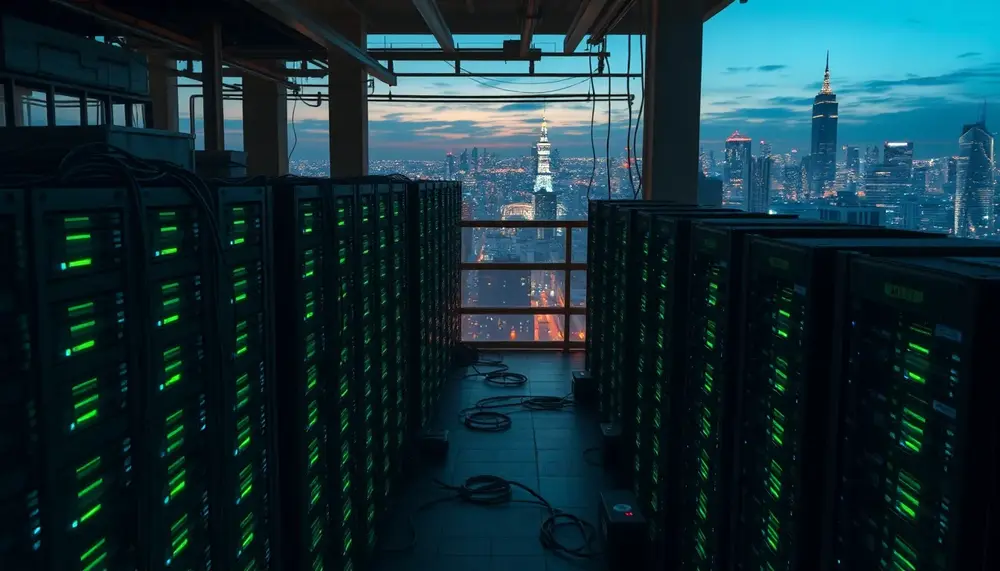Power Outages in Iran Due to Illegal Bitcoin Mining
The Iranian population is facing significant challenges due to frequent power outages across the country, largely attributed to illegal Bitcoin mining activities. According to a report by n-tv NACHRICHTEN (source: https://www.n-tv.de/politik/Iraner-leiden-unter-illegalem-Bitcoin-Mining-article25433057.html), these disruptions are not only affecting daily life but also crippling the economy. The country's energy infrastructure struggles with outdated equipment and mismanagement, exacerbated by international sanctions related to its nuclear program.
Experts suggest that some of this energy diversion might be linked to unauthorized cryptocurrency mining operations potentially involving the Revolutionary Guards. Despite having substantial natural gas reserves, Iran's current stock levels are low, prompting President Massud Peseschkian to urge citizens towards energy conservation measures like wearing warm clothing indoors during winter months.
Crypto Miner Riot Platforms Invests $500 Million in Bitcoin
Riot Platforms has made headlines for purchasing approximately $510 million worth of Bitcoin between December 10th and 12th as reported by Cointelegraph Deutschland (source: https://de.cointelegraph.com/news/krypto-miner-riot-platforms-kauft-fuer-500-mio-us-dollar-bitcoin). This acquisition boosts their total BTC holdings close to $1.7 billion amidst pressure from new investor Starboard Value who suggests utilizing part of Riot’s mining capacity for AI models.
This strategic move aligns with growing demands for computational resources needed in artificial intelligence development—a sector where bitcoin miners could leverage existing infrastructures such as data centers powered through self-sufficient electricity supplies. According to Matthew Sigel at VanEck Digital Assets Research division, potential market capitalization growth could exceed billions if they pivot effectively into serving both industries simultaneously while maintaining robust treasury management practices, rewarding stakeholders over extended time frames beyond immediate fiscal quarters globally.
Sources:















